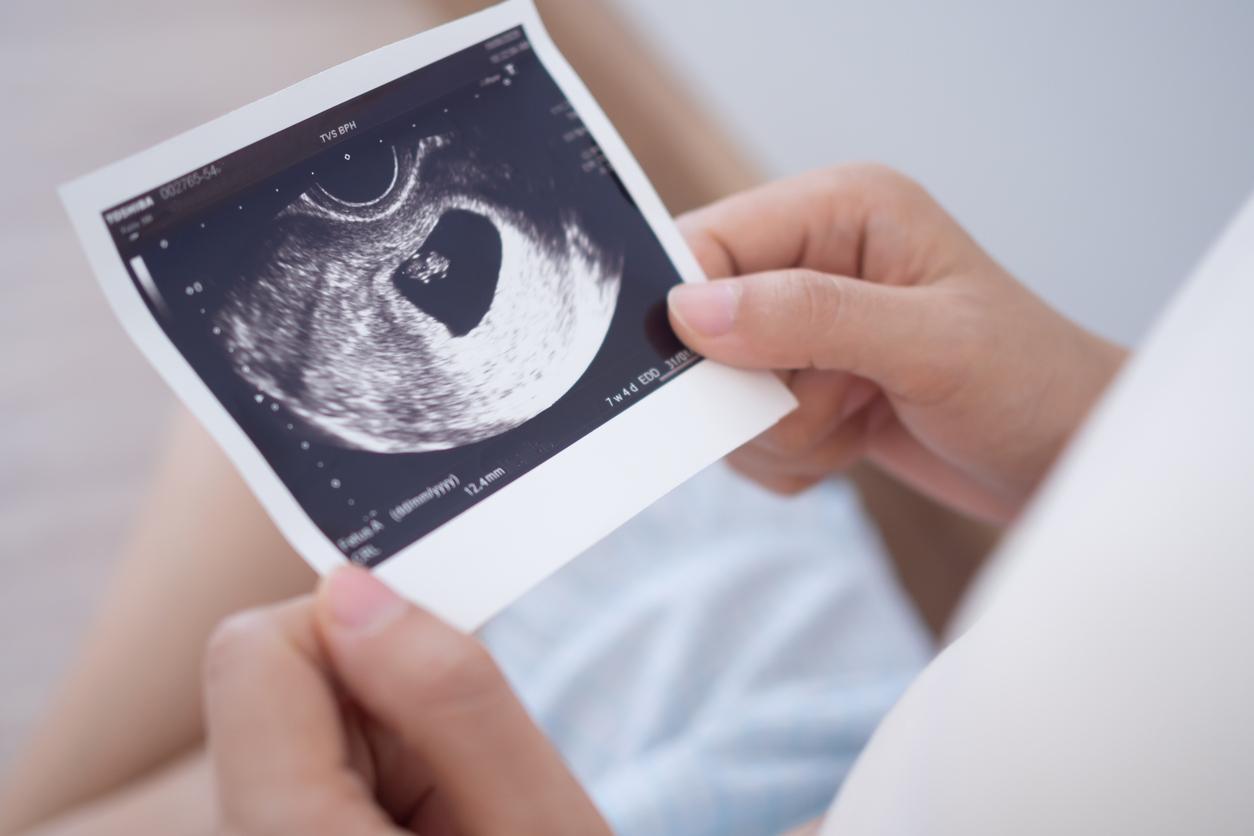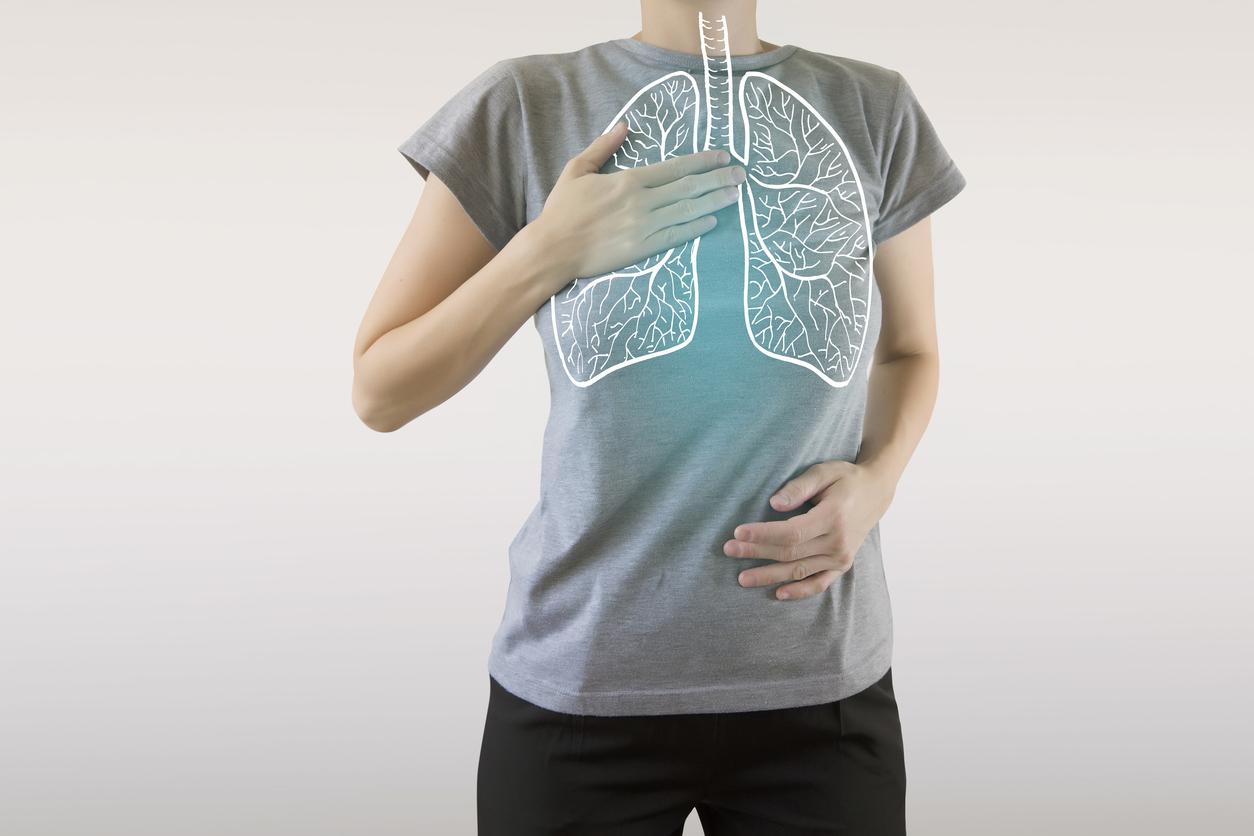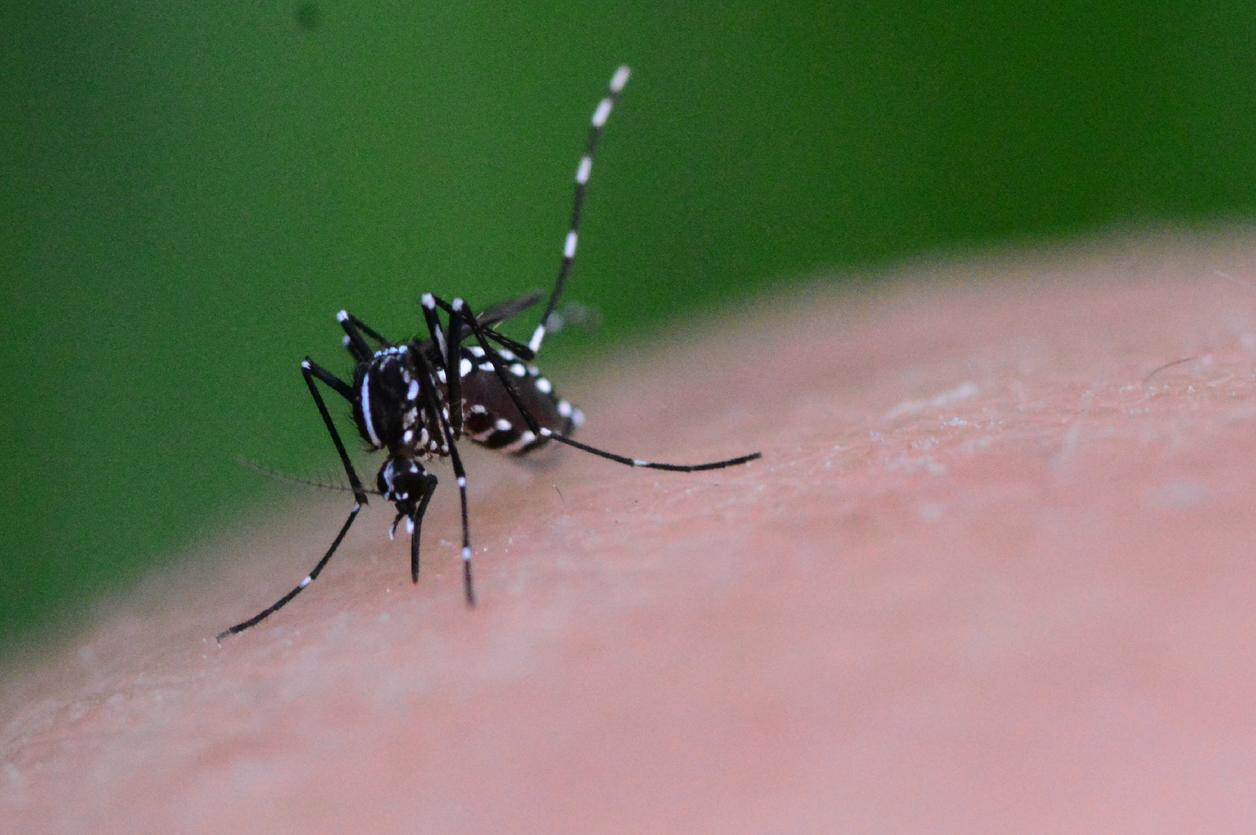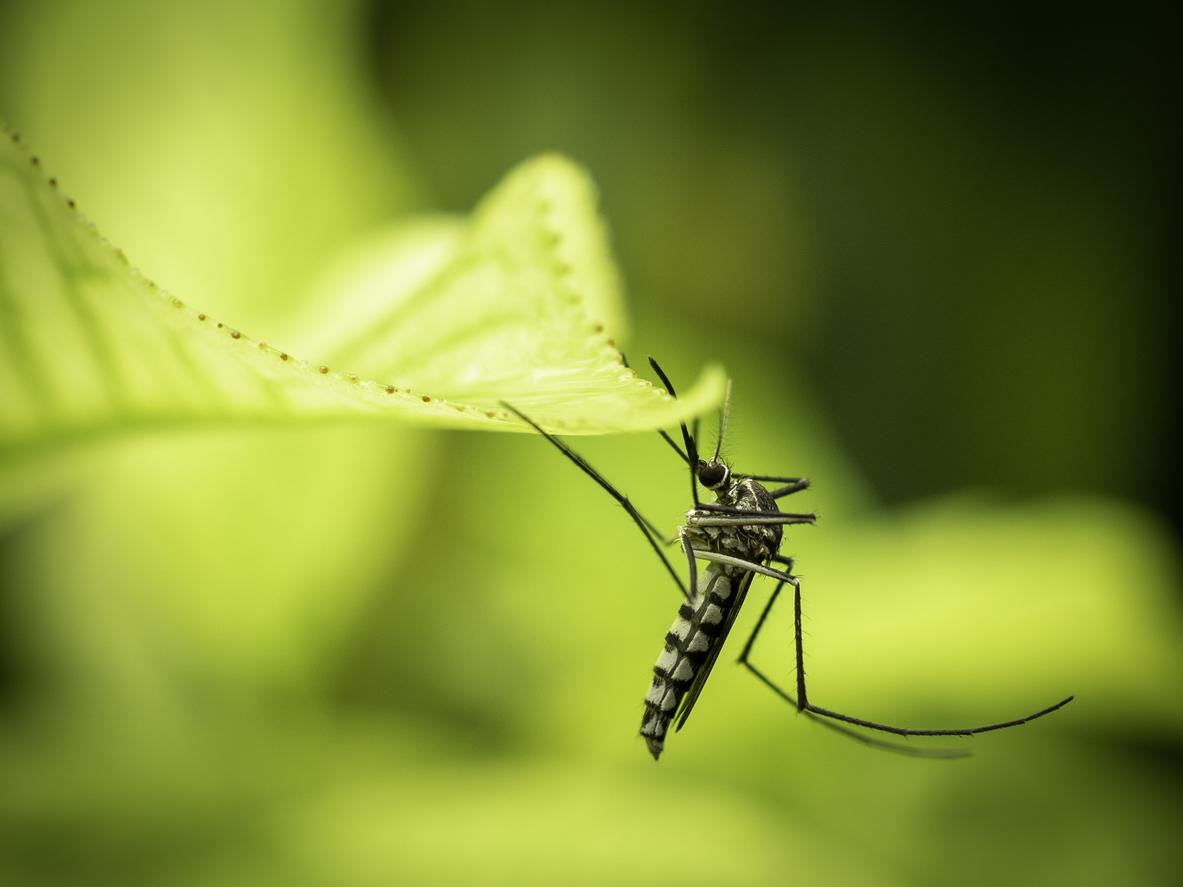The National Institute of Health and Medical Research (Inserm) will test an experimental Japanese medical treatment, favipiravir in Guinea, explained Professor Jean-François Delfraissy who heads the Inserm Institute of Microbiology and Infectious Diseases , in an interview published in the daily Le Monde. This system will be implemented next November for 60 people.
“We will look at how this molecule is tolerated in humans at high doses, if it has an effect on the viral load and on mortality,” explained the professor.
the favipiravir (or “T-705”), an antiviral licensed to treat Ebola, is marketed under the name Avigan by Toyama Chemical, a subsidiary of imaging specialist FujiFilm Holdings. Last August, the company claimed to have enough to treat 20,000 people. The treatment could be administered in the form of tablets, facilitating its distribution, particularly in areas that are difficult to access.
An uncontained epidemic
the Ebola virus, also called Ebola hemorrhagic fever, is a serious, often fatal disease in humans. Today, there is no specific treatment to fight against the Ebola virus. Several vaccines and drugs are in trials or being evaluated, but none are available for clinical use.
The Ebola epidemic has claimed 2,630 lives since the beginning of the year in West Africa, mainly in Liberia, Sierra Leone and Guinea, and has affected more than 240 health workers, including one french volunteer Doctor of the World infected with the virus in Liberia and treated at the Bégin military hospital (Val-de-Marne).
This organization was also alarmed by the medical situation. “In six months of the worst Ebola outbreak in history, the world is losing the battle to contain it. The leaders are unable to block this transnational threat”, explained Jeanne Liu, the international president of Doctors Without Borders (MSF), in a speech delivered at the United Nations in New York”.


















